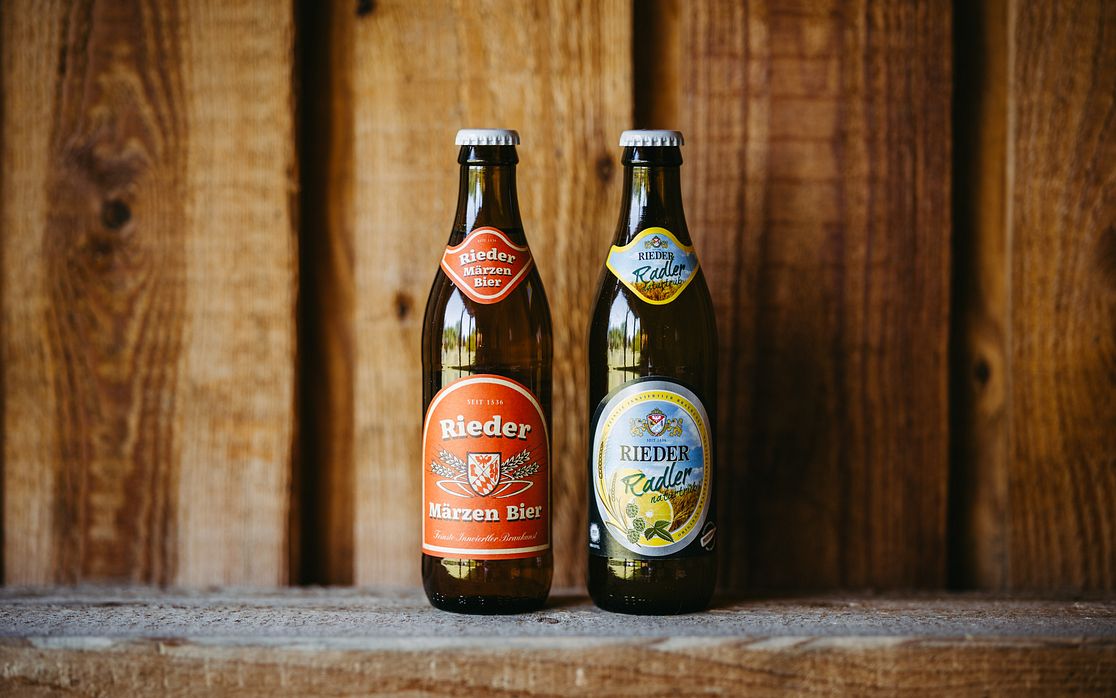Stress test for the future of lightweight glass bottles
The Vetropack Group is testing thermally strengthened lightweight glass bottles on a dedicated test set-up at its Pöchlarn site. A few samples are enough for the testing machine to validate bottle geometries and prepare processes for serial production. This marks an important step, as Vetropack is planning large-scale production of lightweight glass bottles from 2026.
Vetropack produces thermally strengthened lightweight glass bottles using a proprietary, specially developed process. Since their market launch some years ago, they have been increasingly adopted as a particularly sustainable reusable solution. Compared with standard reusable bottles, these containers are up to 30 percent lighter and offer enhanced performance. This lessens their environmental impact significantly across the entire life cycle.
At the end of 2024, the Vetropack Group commissioned a specially designed test machine at its Innovation Centre in Pöchlarn, Austria, to drive the development of new thermally strengthened products. “This machine enables us to quickly determine the ideal strengthening parameters for bottles with different shapes and designs,” explains Group Innovation Manager Behnam Akbari. This is because the test machine allows Vetropack to strengthen various types of bottles as well as test them under real-life production conditions.
As Behnam Akbari is responsible for product development, he plays a key role in turning ideas into market-ready solutions. Whenever a customer requests a new container type, the enquiry is routed to the Innovation Centre. “We then use the test machine to identify suitable parameters and settings for thermal strengthening and then validate the results through internal quality checks,” Akbari adds. At present, two to three new bottle designs are undergoing testing.
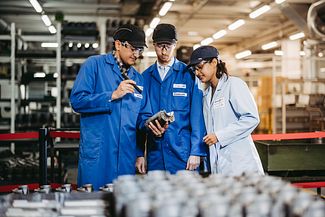
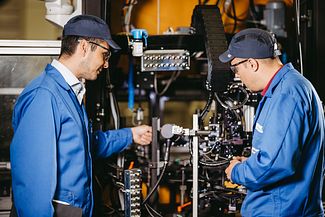
Fast results with fewer bottles
The test set-up is equipped with an electric heating oven, a flexible control system and a cooling station – essentially replicating the structure of a full production line. “What makes this facility unique is that we can achieve meaningful results with just a few hundred bottles. The previous pilot machine required significantly larger quantities and far greater effort. Now, only a small production volume is needed – and this accelerates development considerably,” explains Akbari.
The bottles are first heated and then cooled under controlled conditions. Akbari and his team test a range of parameters, including air pressure, temperature, cooling time, and cooling dynamics. Experience from strengthening other glass products provides valuable input for determining the optimum strengthening parameters for each design.
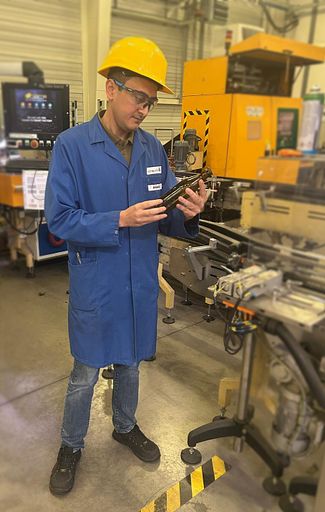
«These tests are demanding. Often, the challenge is to identify the very specific ideal combination of settings that delivers the highest quality. Changing from one bottle type to another also adds complexity, as each size requires a customised cooling process. »
Customers convinced by test results
Once the optimal process window has been identified and Vetropack has verified the quality of the bottles, an initial small batch is thermally strengthened. The customer then receives the bottles for internal validation of the results. If the feedback is positive, the product can move on to serial production.
“The test machine is indispensable for the industrial production of thermally strengthened lightweight glass bottles. We can now strengthen bottle types that could not be processed with our previous pilot machine. The results provide reliable data for informed decision-making – and we have already been able to win over several well-known customers with these outcomes,” explains Akbari.
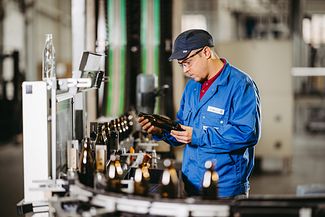
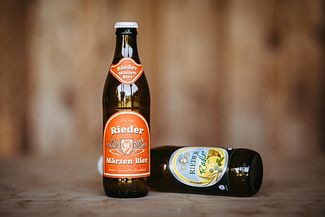
Partnership with IPROTEC
The test machine was designed and built by IPROTEC GmbH in Zwiesel, a specialist in mechanical engineering. The Vetropack team works closely with IPROTEC, which provides ongoing support with software adjustments, modifications to bottle holders, and the replacement of individual components – particularly when new bottle designs require customised solutions.
Although the machine is currently used exclusively for product development, it could also be deployed for small-batch production in the coming years. “We are planning to expand the test set-up with additional modular cooling stations. This will allow us to process more bottles per test run and also produce small batches for customer samples,” concludes Akbari.
With this test machine, Vetropack is taking an important step towards large-scale production of thermally strengthened lightweight bottles. Preparations for the necessary infrastructure in Pöchlarn are already underway, with commissioning of a large-scale machine planned for summer 2026.
